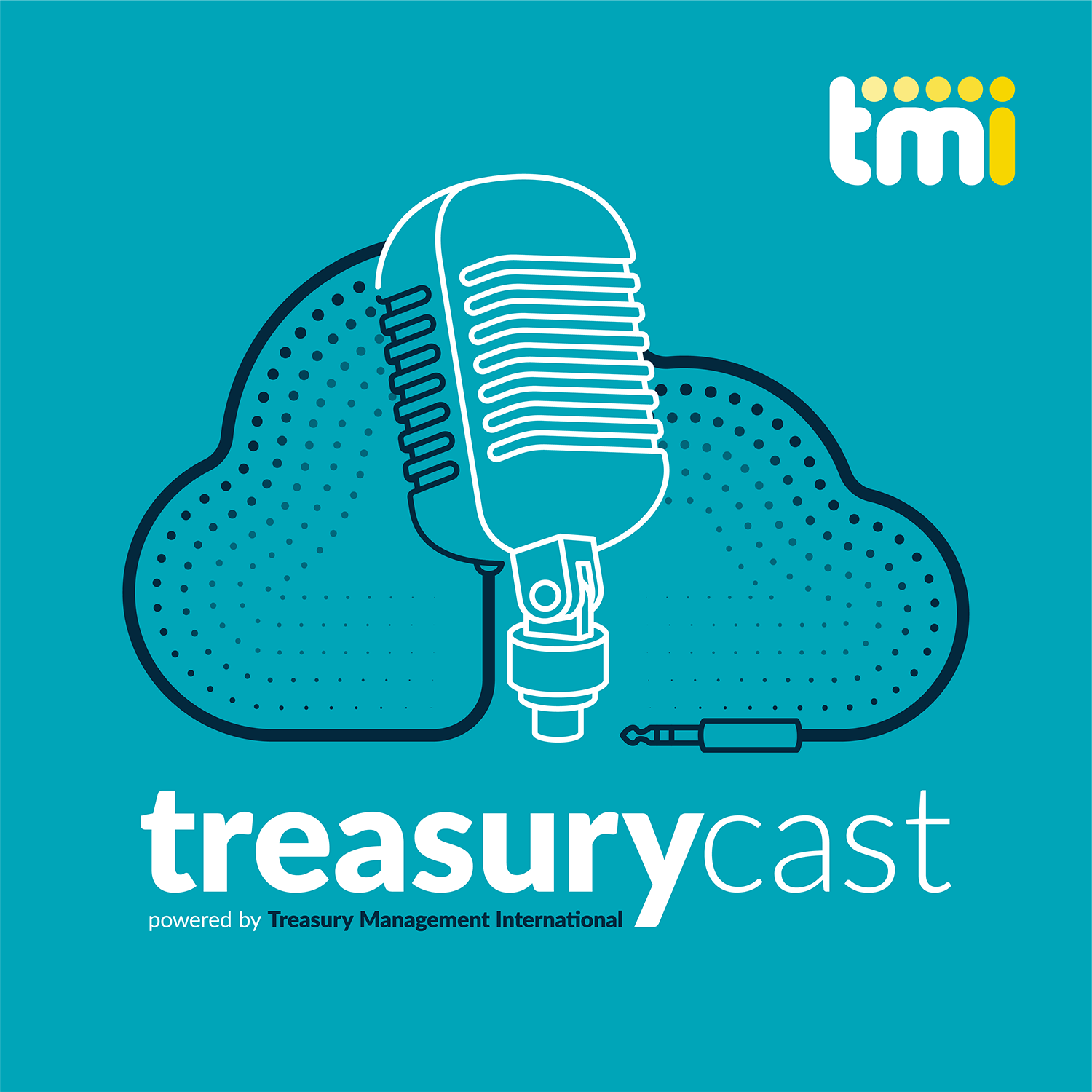Statement by the Institutional Money Market Funds Association
This morning the Economic and Monetary Affairs Committee (ECON) of the European Parliament passed a set of proposed amendments to the Money Market Fund Regulation (MMFR) which had originally been put forward by the European Commission in September 2013.
The money market fund industry in Europe has approximately €1 trillion assets under management. If implemented, the changes suggested by the European Parliament would have wide-ranging and long-term ramifications for both the constant net asset value (CNAV) and variable net asset value (VNAV) sectors of the money market fund market.
A great deal of effort has been expended over the last few years by the many different parties involved with money market funds – such as the investors, the fund managers, the fund administrators – to raise awareness of the significance of money market funds in the broader economy and the key operational features of the funds. Very many everyday businesses value money market funds as a tool; to help them analyse and diversify their credit risk and to manage their cash safely and efficiently.
Bearing this combined effort in mind, it is regrettable that the ECON Committee has decided upon a set of proposals which would impinge on the usefulness of many of the money market funds products and as a result would negatively impact the funding supply which money market funds inject into the short term capital market. This in turn has implications for the many businesses and banks which fund themselves in this market.
It is a positive development that the measures passed this morning recognized that the capital buffer originally suggested by the European Commission was not a viable proposal for an investment product. It is also worth noting that many of the good market practices which IMMFA funds already adopt voluntarily under the IMMFA Code of Practice, such as credit diversification, prescribed levels of liquidity and a high level of transparency, have been incorporated into the future regulation of money market funds in Europe.
However the options presented to the CNAV industry are disappointing. The Retail CNAV and EU Public Debt CNAV options are limited in scope, and certainly under current market condition together account for less than 10% of the CNAV AUM. The limitations of these 2 options were clearly identified in the impact assessment commissioned by the European Parliamentary Research Service (EPRS), the findings of which were shared with the European Parliament last week.
The proposed LVNAV option could operate as a substitute CNAV product providing the funds invest only in extremely short duration debt instruments (<90 days). However under a so-called ‘sunset clause’ the authorisation of these funds would lapse 5 years after the Regulation comes into force. Given the time and effort required, fund managers are unlikely to offer, and investors are unlikely to approve and invest in a product which will go away 5 years after it is created. Furthermore, the pressure to make these funds ultra-short further exacerbates the problem in the short term debt markets whereby investors are encouraged to invest over an ever shorter time horizon at the same time that debt issuers are under regulatory pressure to issue for a longer time-frame.
The agreement by the Parliament is effectively stage 2 of a 4-stage process. The proposed text from the ECON Committee will now be subject to plenary ratification by the full European Parliament – this is expected to take place sometime in April. The next phase requires the Council of Ministers, made up of senior representatives from each of the 28 Member States, to agree their version of how the future regulation of money market funds should be effected. Once each of these 3 bodies (the EC, the EP and the CoM) has their own version of the MMFR, the fourth and final stage, the Trilogue, takes place.
The Council of Ministers still has the opportunity to express their vision of how money market funds regulation should be implemented, and this view along with those of the European Parliament and the European Commission will be considered in the Trilogue process.
IMMFA remains committed to working with all parties involved in the regulatory debate and hopes that in the long run a pragmatic approach will prevail.
About IMMFA
IMMFA is the trade association which represents constant NAV money market funds. It was established on 14 June 2000, and currently has 20 members who operate funds and a number of associate members. Funds under management exceeded €550 billion as at mid February 2015 and make up approximately 50% of MMF in Europe





